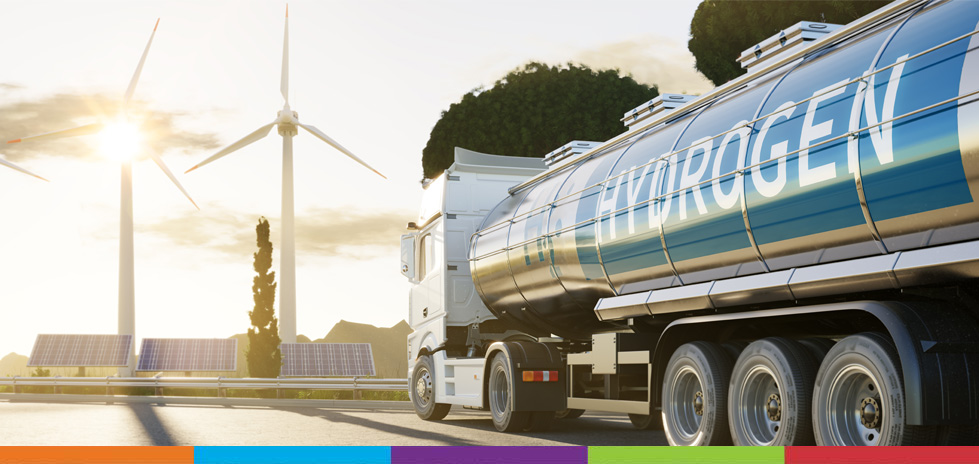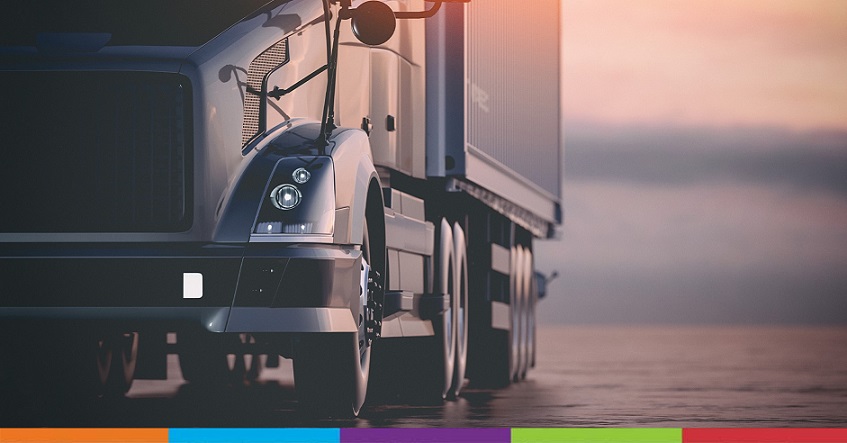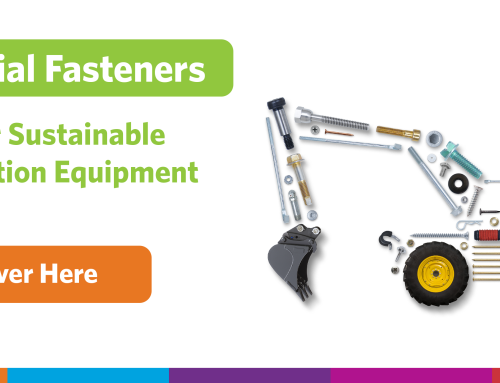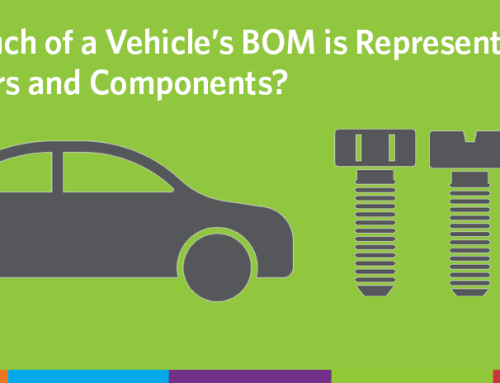
Heavy Truck Demand: Challenges and Solutions
Not only are truck manufacturers under pressure to satisfy both consumer and government demands for zero-emissions vehicles, but they’re having to do so in the foreground of an increasingly risky supply chain.
Challenges for the Heavy Truck Industry
The pandemic had already buckled global supply chains, and just as they had started to recover, the conflict in Eastern Europe has once again reduced them to a state of flux. This has led to significant delays in the production process for many manufacturers.
Some manufacturers are reporting up to 50-week lead times and intense product shortages, making it increasingly difficult to meet demand. Another potential concern is that supply chains will become even more unstable if the conflict in Eastern Europe worsens.
Caught in a Catch-22 situation, a supply chain relies significantly on heavy trucks for the transportation of goods, but the demand for manufacturing these vehicles is increasing as businesses struggle to source the parts to produce them.
There are also numerous financial challenges hindering the progress of the heavy truck industry, including high ownership and significant maintenance costs. Trucks often travel very long distances in extreme weather, meaning parts can deteriorate quicker, leading to significant vehicle downtime.
Alongside this and increasing transportation costs, rising inflation and exchange rate pressures mean that manufacturers are having to completely reassess their outgoings. It’s clear, then, that both financial and logistical efficiency is key.
Increased Demand
Alongside satisfying the growing preference for eco-friendly technologies, heavy truck manufacturers are under pressure to produce vehicles that offer significant power and torque output to carry heavy loads. Vehicles like these are predicted to drive significant growth in the industry over the next few years.
Developing regulations on vehicle emissions, rapidly growing logistics, retail and e-commerce sectors, alongside advancements in vehicle safety are also expected to drive heavy truck demand. To satisfy this increased demand, then, it’s crucial that manufacturers optimise their supply chains and reduce their outgoings.
Using VMI Programs to Secure Your Supply Chain
A VMI (Vendor Managed Inventory) ensures products are delivered to you at the right place, at the right time. VMIs can help your business streamline production processes, improve data visibility and increase productivity.
One way a VMI saves money is by reducing a business’ TCO (Total Cost of Ownership), by lowering acquisition, personnel and operating costs. In a supply chain, the parts themselves make up only 15% of the cost, while the human resources required to select, manage and process those parts cost 85%.
Some experts suggest that the cost for a business to add in just ten extra suppliers every five years is more than $1 million, but a VMI handles that for you, and your vendor takes on any associated risk. By using a VMI, manufacturers can avoid unnecessary spending.
Manufacturers’ reliance on low inventories have exacerbated the effects of today’s unstable supply chains. VMIs improve forecast accuracy, meaning you’re always well-stocked to meet demand.
The Importance of Quality Parts
Fasteners may only account for 1% of your project budget, but they can make up nearly 50% of your product’s parts, so it’s important you choose the right ones. As aforementioned, trucks need to offer significant torque output, while withstanding long distances and extreme temperatures, so using durable, quality fasteners is crucial.
Colf-forming as a manufacturing practice produces especially robust fasteners. Cold-forming maximises a part’s metallurgical properties, prioritising strength and durability by ensuring its structural integrity and allowing for greater torque tensions.
Cold-forming also ensures zero-carbon emissions and little to no waste of raw materials. Partnering with Optimas will therefore not only allow you to meet demand, but help you to meet your sustainability targets. We can also offer you the opportunity to work with our expert fastener engineers in the design process to optimise your part’s performance.
Optimas can streamline your supply chain and help you source sustainably. Contact us to produce more with less.






